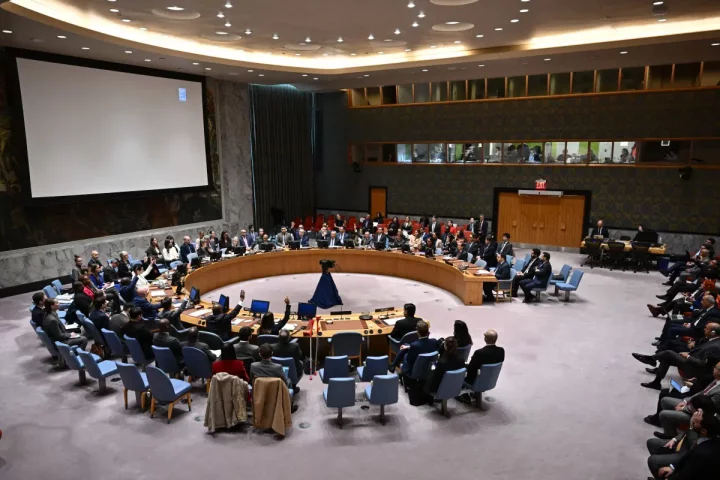
The United States on Wednesday vetoed a UN Security Council push to call for a ceasefire in Gaza that Washington said would have emboldened Hamas.
The resolution demanded "an immediate, unconditional and permanent ceasefire" in the war between Israel and the Palestinian group, along with "the immediate and unconditional release of all hostages."
But the wording angered Israel, with a senior US official warning ahead of the vote that the resolution had "the potential only to buoy Hamas, which will have no reason to come to the negotiating table."
Israel's UN ambassador Danny Danon said "the resolution being considered by the Security Council today is nothing short of a betrayal."
"For us, it has to be a linkage between a ceasefire and the release of hostages," said Robert Wood, the deputy US ambassador to the United Nations. "It has been our principle position from the beginning and it still remains."
The war was triggered by the assault on Israel by Hamas militants on October 7, 2023, a stunning cross-border raid that resulted in the deaths of 1,206 people, mostly civilians, according to an AFP tally of Israeli official figures.
The health ministry in Hamas-run Gaza said the death toll from the resulting war had reached 43,985 people, the majority civilians. The United Nations considers the figures reliable.
Of 251 hostages seized during the October 7 attack, 97 remain in Gaza, including 34 the Israeli military says are dead.
Almost all of Gaza's 2.4 million people have been displaced by the war, which has caused a humanitarian catastrophe.
Gaza 'will haunt'
Since the beginning of the conflict, the Security Council has struggled to speak with one voice, as the United States used its veto power several times, although Russia and China have as well.
"China kept demanding 'stronger language'," said the US official who also claimed that Russia had been "pulling strings" with the countries responsible for pushing the latest resolution.
The few resolutions that the United States did allow to pass by abstaining stopped short of calling for an unconditional and permanent ceasefire.
In March, the council called for a temporary ceasefire during the Muslim holy month of Ramadan, but this appeal was ignored by the warring parties.
And in June, the 15-member body pledged support for a US resolution that laid out a multi-stage ceasefire and hostage release plan that ultimately went nowhere.
"We regret that the Council could have incorporated compromise language the UK put forward to bridge the existing gaps... With that language, This resolution should have been adopted," Wood, the US envoy, said following the vote.
Some diplomats have expressed optimism that following Donald Trump's election win on November 5, President Joe Biden might be more flexible in his few remaining weeks in power.
They hoped for a repeat of December 2016 when then-president Barack Obama's second term was finishing and the council passed a resolution calling for a halt to Israeli settlement building in the occupied territories, a first since 1979.
The United States refrained from using its veto then, a break from traditional US support for Israel on the sensitive issue of settlements.
The resolution vetoed on Wednesday calls for "safe and unhindered entry of humanitarian assistance at scale," including in besieged northern Gaza, and denounces any attempt to starve the Palestinians.
The Palestinian delegation at the United Nations has suggested the text did not go far enough.
"Gaza's fate will haunt the world for generations to come," ambassador Riyad Mansour warned.
He said the only course of action for the Security Council is to call for an immediate and unconditional ceasefire under Chapter 7 of the UN charter.
That chapter allows the council to take steps to enforce its resolutions, such as sanctions, but the latest text made no reference to this option.

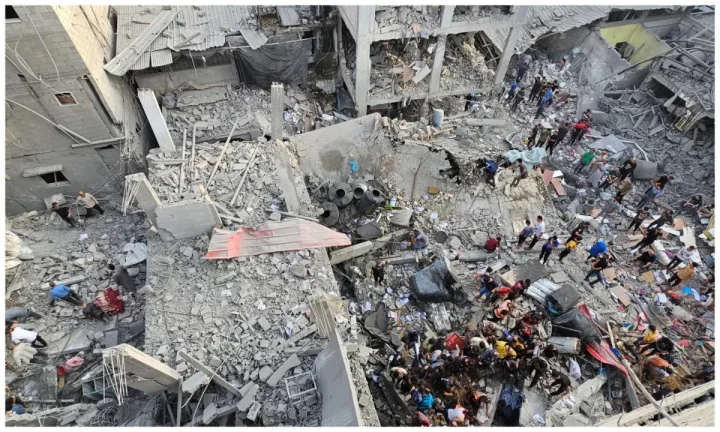
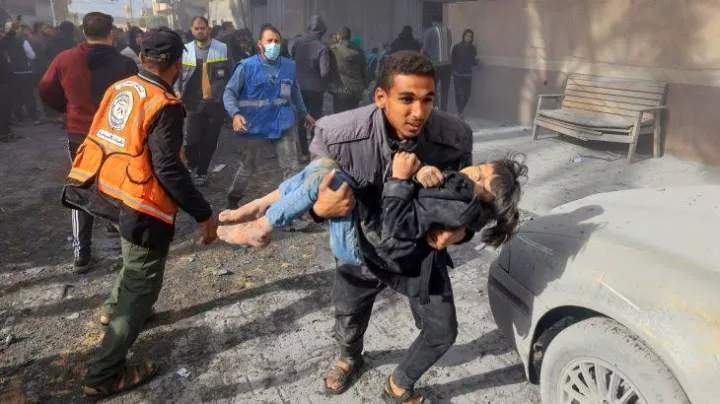
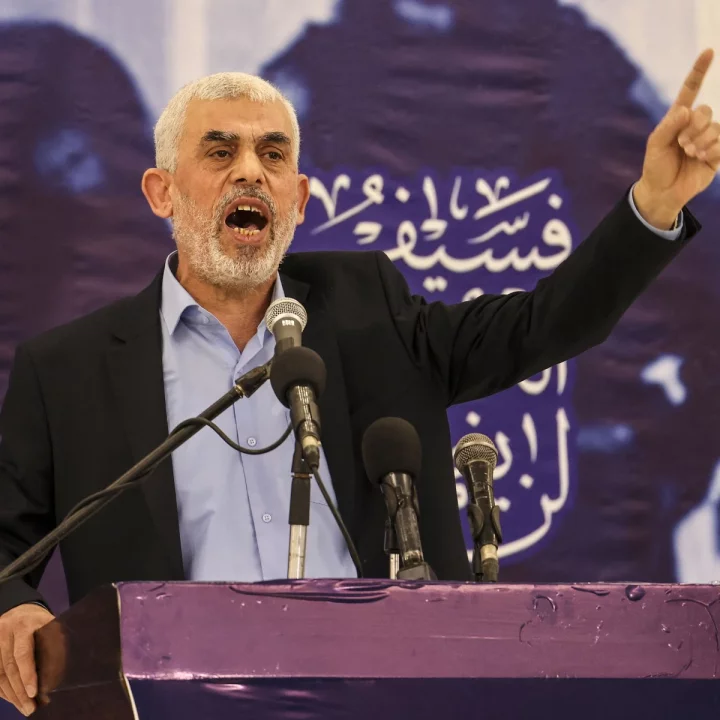
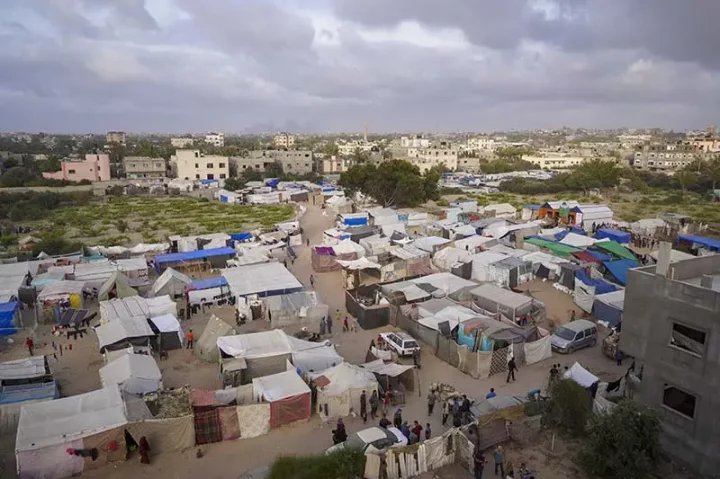
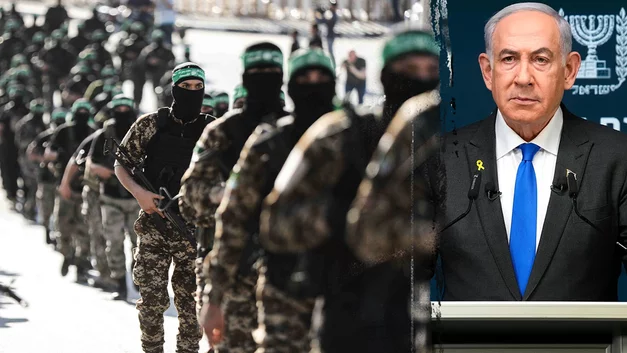
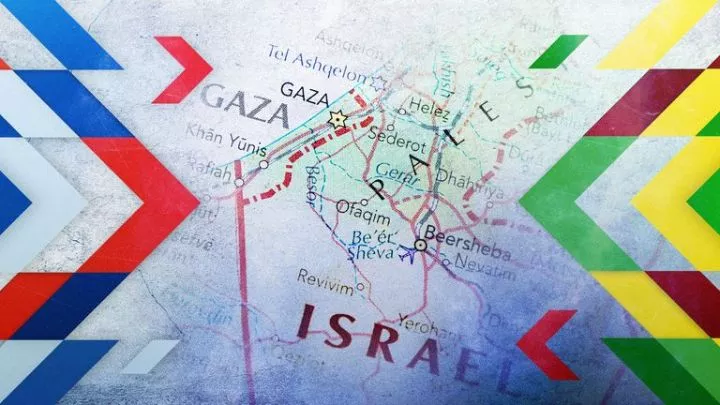

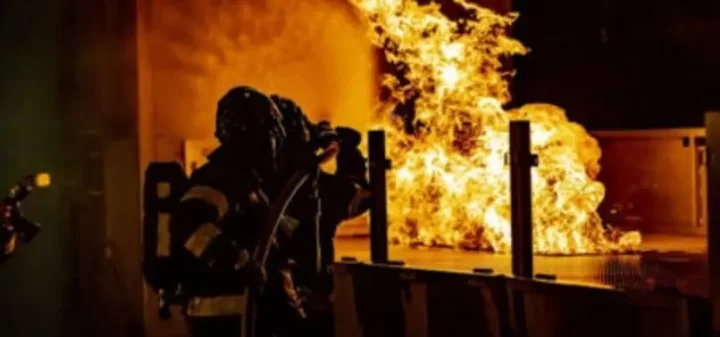





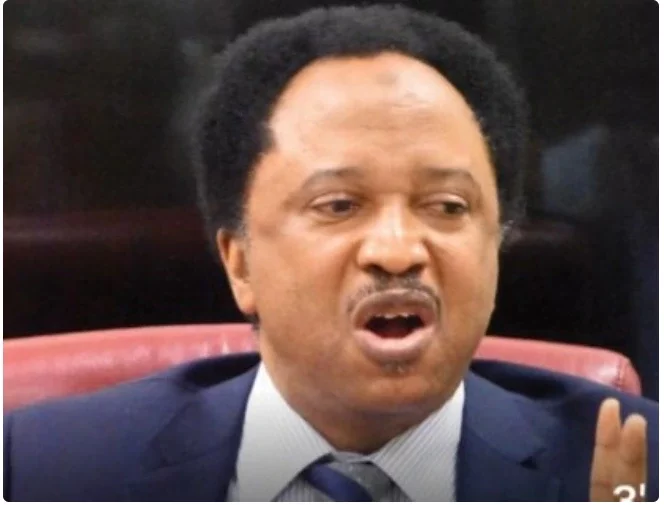


Comments